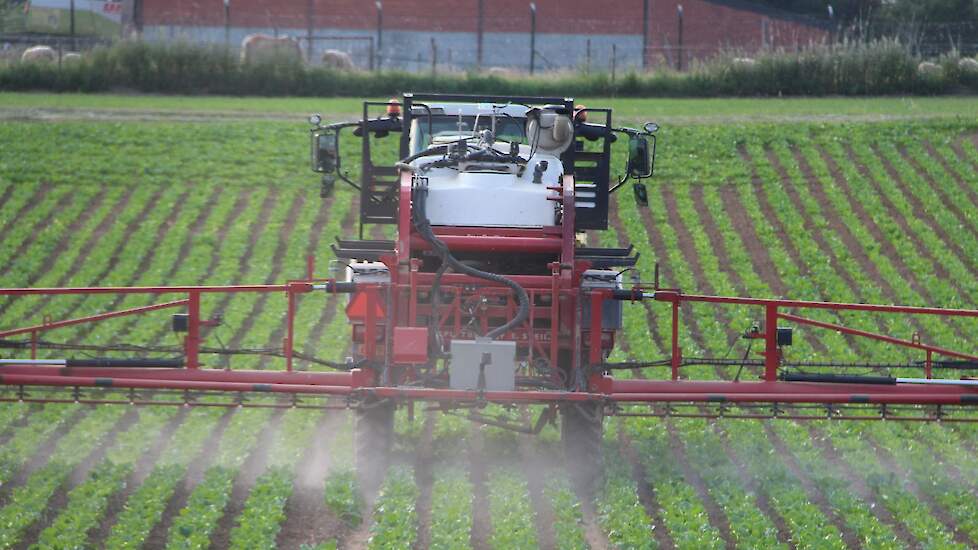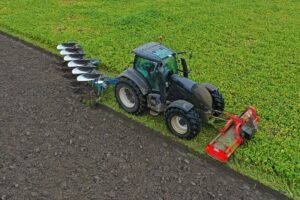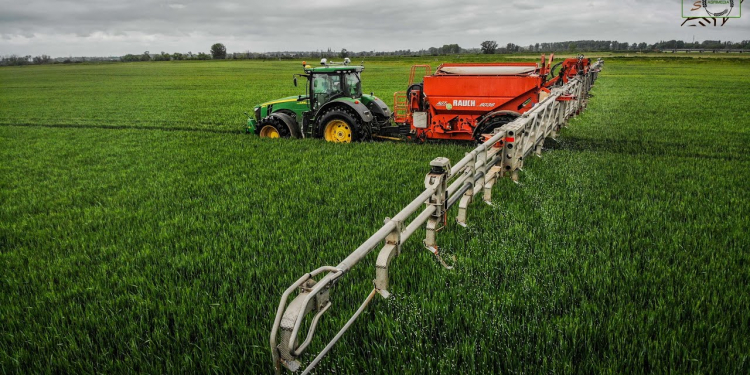Due to (global) logistics problems in the supply of raw materials, the supply of various crop protection products is becoming increasingly difficult. Moreover, traders have to order longer in advance because manufacturers keep no or increasingly smaller stocks.
The supply of crop protection products is becoming increasingly difficult. For example, the 1.4Sight potato preservative has been struggling with serious delivery problems all year round. But BASF’s Frontier, the soil herbicide that is mainly used as a weed killer in sugar beet, maize and chicory, also proves to be difficult or no longer available.
A practical problem that also plays a role here, according to traders, is that manufacturers keep little or no stock of their products.

“We as a trade have to place larger orders well in advance and clutter our warehouse, with the risk that you will be left with worthless residual stocks when an authorization expires. If you place an order with the manufacturer now, you will be told that it cannot be delivered until after the summer.
Then the product is no longer necessary, ”says Emile Steins. He has a crop care company in Hulsberg specialized in, among other things, carrying out spraying activities and supplying crop protection agents, sowing seeds, fertilizers and seed potatoes.
Other agricultural trading companies endorse Steins’ experience. The trade must already plan by mid-year what it wants to take in resources in 2022. This is often difficult, because certain diseases and pests are often partly dependent on, for example, the weather conditions.
Stopped supply
It also appears that certain components of, for example, Mancozeb come from India. After a major fire in the factory in question, production there comes to a standstill. In China, the production of crop protection products has been halted for months due to the corona pandemic. After the start-up, the domestic farmers are first supplied with products and only secondly the users in other countries.
Other countries
In Germany, agricultural trade is facing the same problems. The trade magazine Agrarheute points to logistical problems as the cause. Such as problems in delivery, long delays in ship transport, very small supply of available containers. All this also leads to significantly increased transport costs. In addition, corona measures cause persistent delays in loading and transport.
US agricultural media are also reporting similar problems. American farmers are experiencing a clearly limited supply of crop protection products and significant price increases. Sam Taylor, an agricultural analyst at Rabobank in New York, for example, tells Agrarheute that the wholesale prices of, for example, glufosionate and glyphosate have risen by 50 percent in a year.
While Amy Asmus says fungicide supplies will also be tighter this year, it’s herbicides that are garnering the most angst. Many commonly used herbicides are hard to find, and prices are trending higher. Fungicide availability may also be limited in some cases.
Terminating Cover Crops This Spring? You Might Need Options to Glyphosate
When and how to terminate a cover crop in spring varies by farmer, but the practice usually has at least one common denominator – glyphosate – and it’s in short supply across much of the country. As retailers are now facing tight supplies of popular herbicides like glyphosate and glufosinate, product prices are climbing and supplies are being rationed. It’s an issue that could last the entire season.

“We’ve seen this building for many months. And this overall situation with crop protection will likely last into the 2022 crop year,” says Adam Hensley with Helm.
As farmers work to get the 2021 crop in the ground, some inputs are facing severe strains. While glyphosate and glufosinate are in short supply today, one retailer says fungicides and instecticides are next.
“No one has everything they need right now,” says Tom Lyons, vice president of supply chain at Nufarm. “We’ve been on plan A, plan B, and plan C.”








